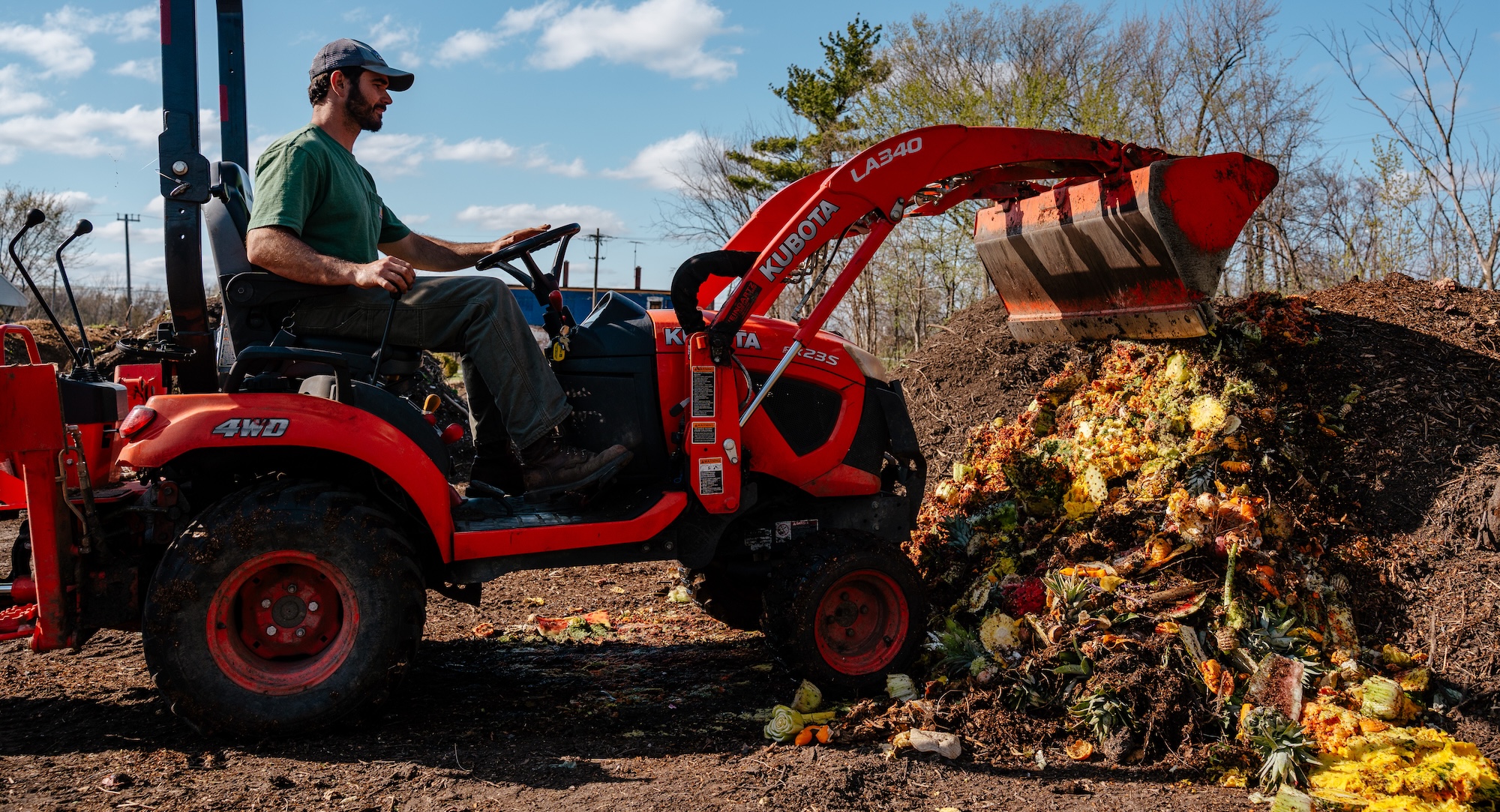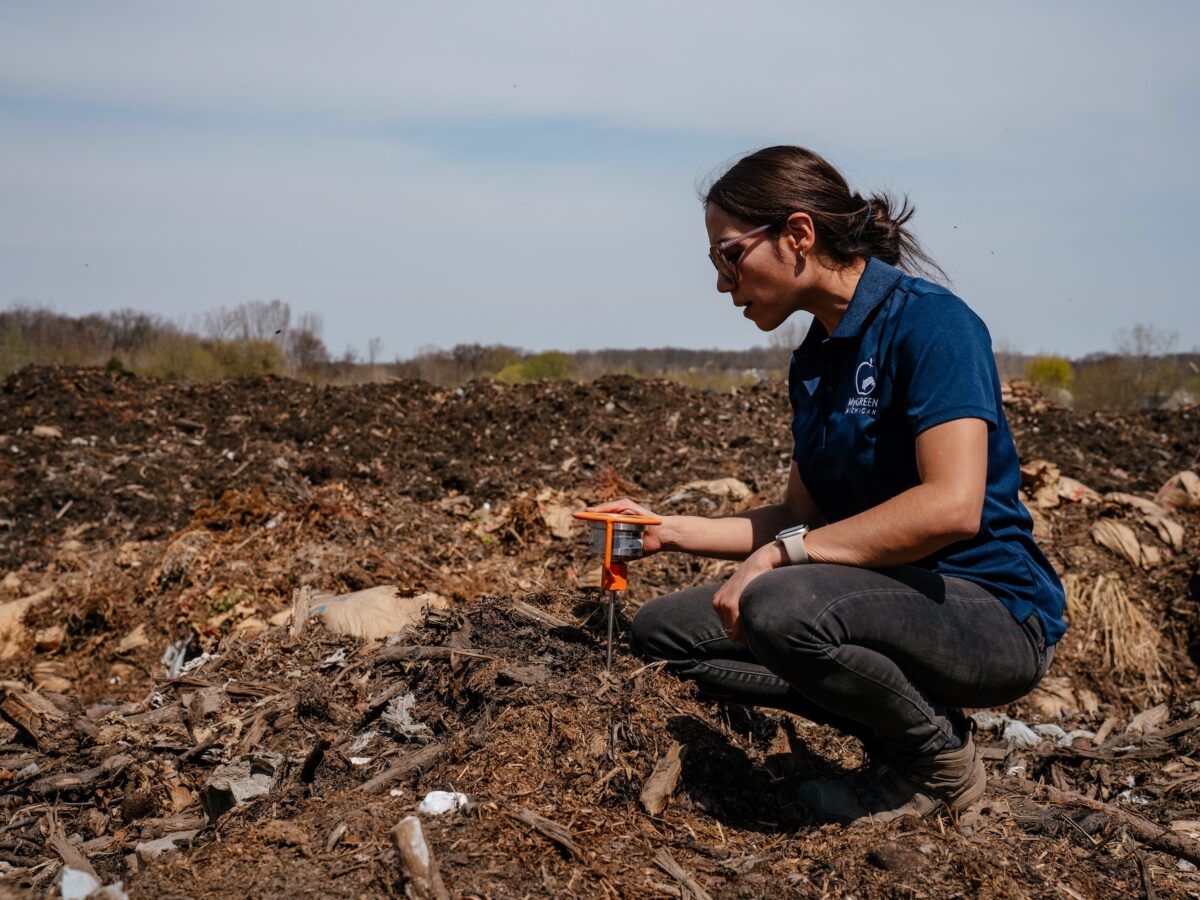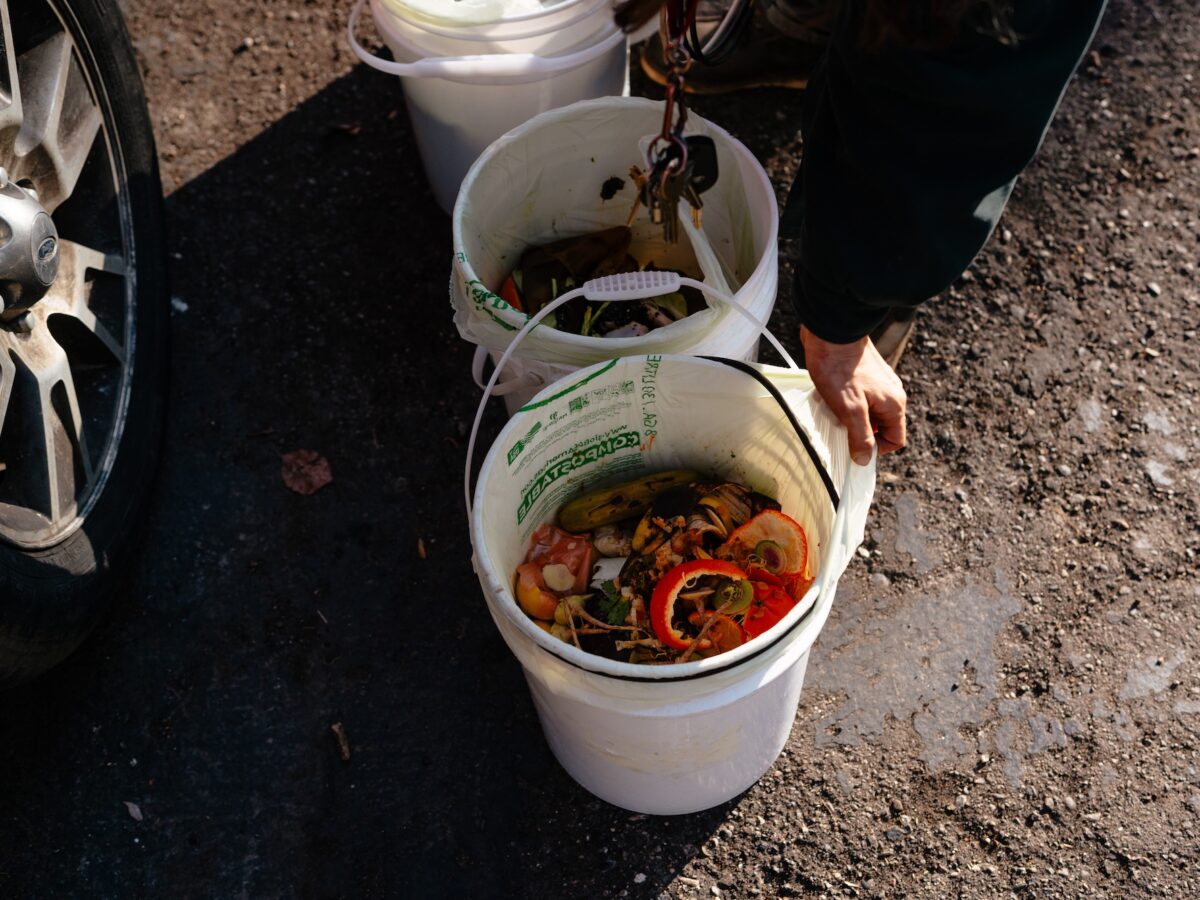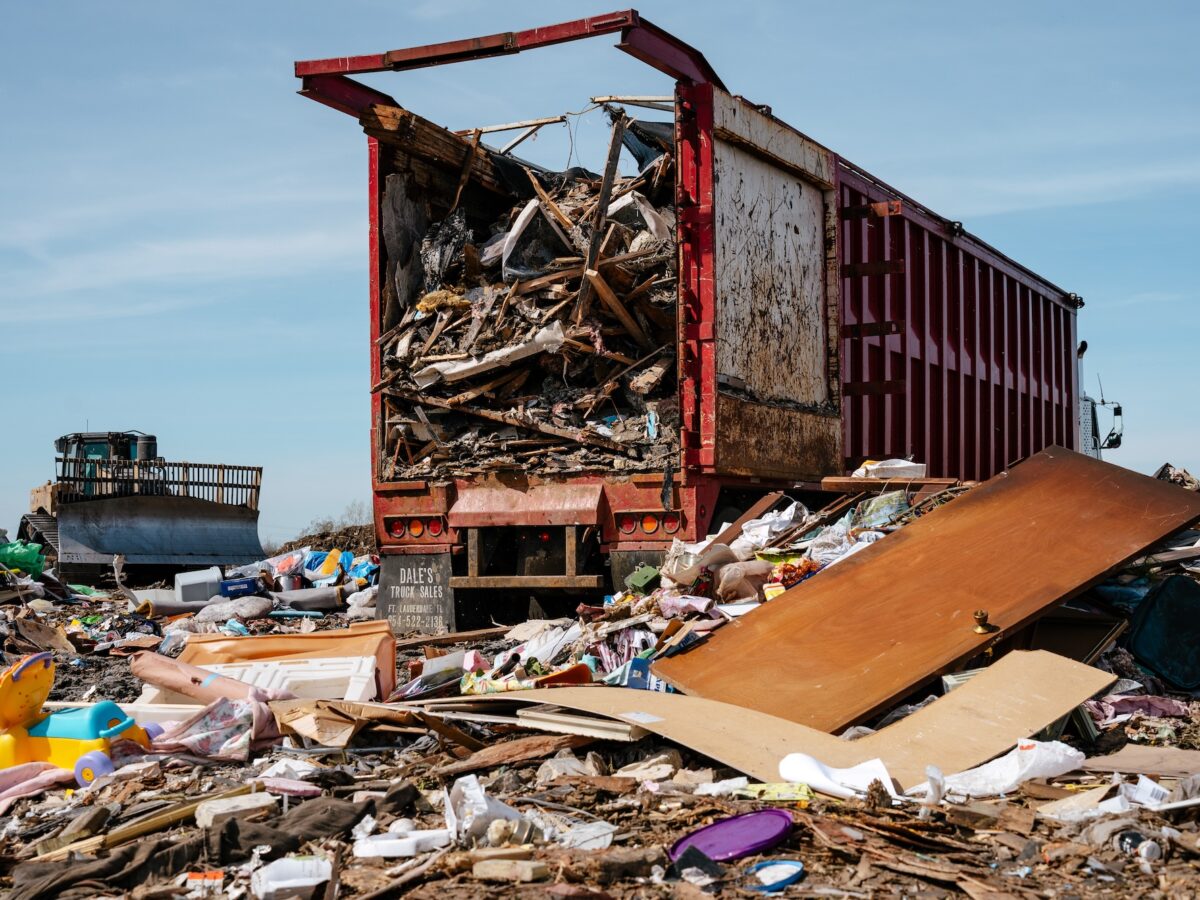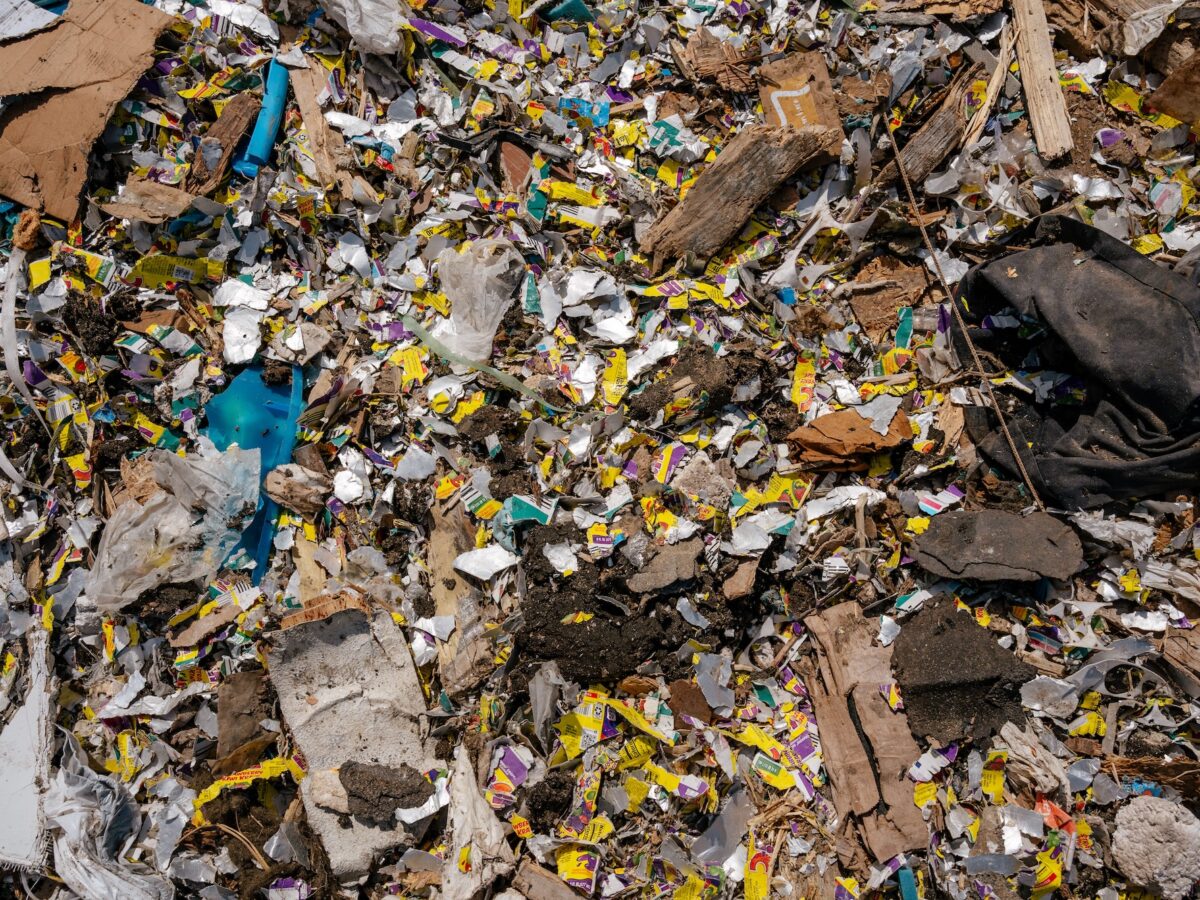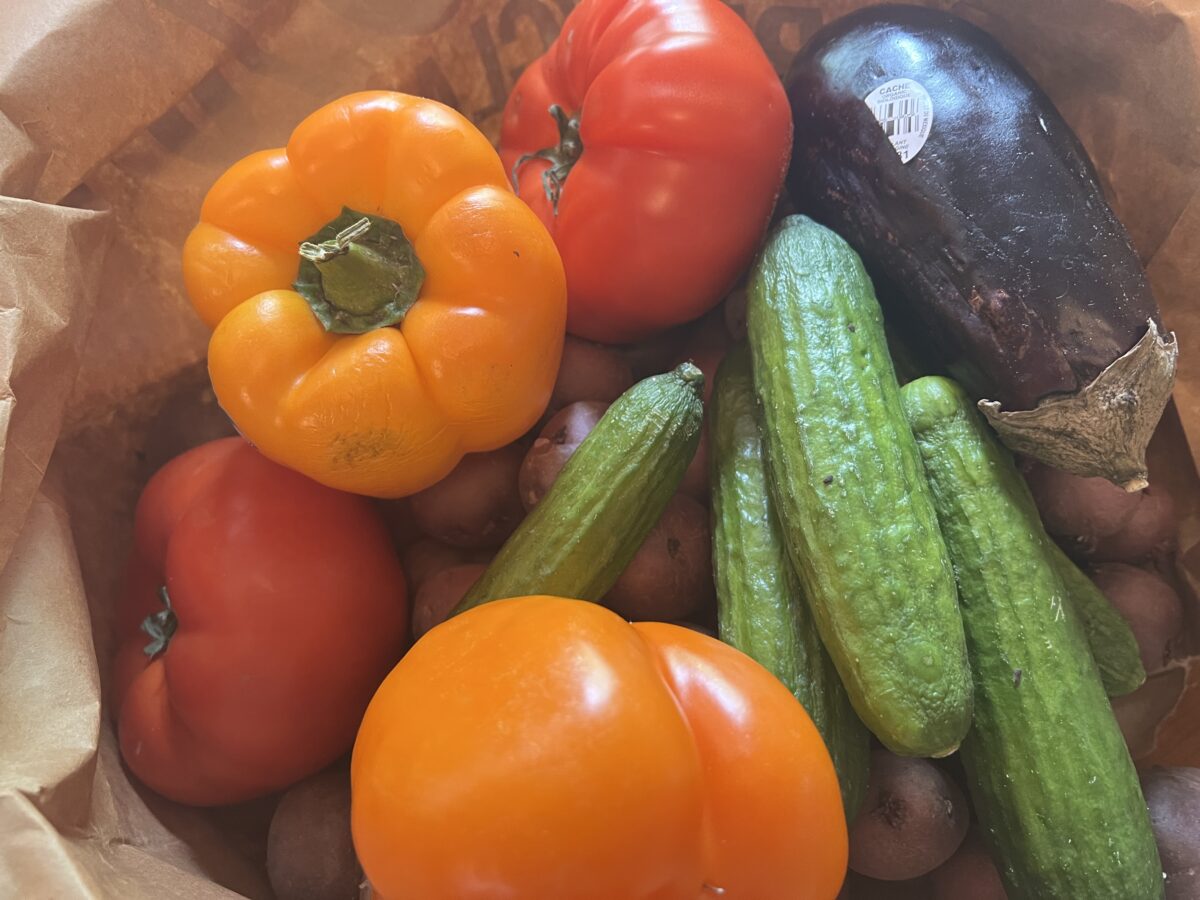This series, produced as part of the MIT Climate Solutions Journalism Fellowship, investigates how Michigan’s food waste system contributes to climate change through landfill methane emissions—and explores the local solutions that could turn the tide. From farm to fridge to landfill, we examine how wasted food impacts our environment, economy, and communities, and highlight the people working to build a more sustainable, climate-friendly future. Published in partnership with Next City.
Voices: Michigan has a big food waste challenge. Here’s a roadmap for change
Food waste is an environmental and economic failure. Here are some ideas for how Michigan can do better.
Keep readingVoices: Food waste costs Michiganders billions. It’s time to rethink what we throw away.
Keeping food out of landfills could save money, reduce emissions, and build healthier communities.
Keep readingGuide: 6 ways to fight food waste in Michigan
Michigan residents are taking action against food waste, leveraging tech tools like Flashfood and Too Good To Go to save surplus food from landfills. Composting initiatives, both at home and through local services, are gaining traction. Community efforts to donate excess food to nonprofits…
Keep readingNew landfill rules were supposed to cut methane. Michigan’s still falling short.
At Michigan Central’s Newlab, EcoSphere Organics is pioneering biodegradable materials from food waste, while apps like Flashfood and Food Rescue US are tackling food surplus by connecting it to those in need.
Keep readingBanana peels to coasters: Is this the future of food waste?
At Michigan Central’s Newlab, EcoSphere Organics is pioneering biodegradable materials from food waste, while apps like Flashfood and Food Rescue US are tackling food surplus by connecting it to those in need.
Keep readingCan Michigan fix its food waste problem with composting?
In Detroit’s Riverbend neighborhood, Sanctuary Farms and Midtown Composting & Recycling Co. are pioneering efforts to transform food waste into nutrient-rich soil, empowering communities to embrace sustainable practices. Across Michigan, similar initiatives are emerging, as cities and schools launch programs to divert food scraps…
Keep readingRotting food, rising heat: How Michigan’s landfills help drive methane pollution
Michigan ranks 8th in the nation for landfilled food waste, contributing to climate-warming methane emissions. A 2023 law now requires counties to develop organic material recovery plans, aiming to curb this environmental impact.
Keep readingPlay Planet Detroit’s food waste game
Do you want to know the climate impact of your food waste choices? Play our game to learn how you can have the greatest impact on the planet-warming effects of wasted food.
Keep reading
